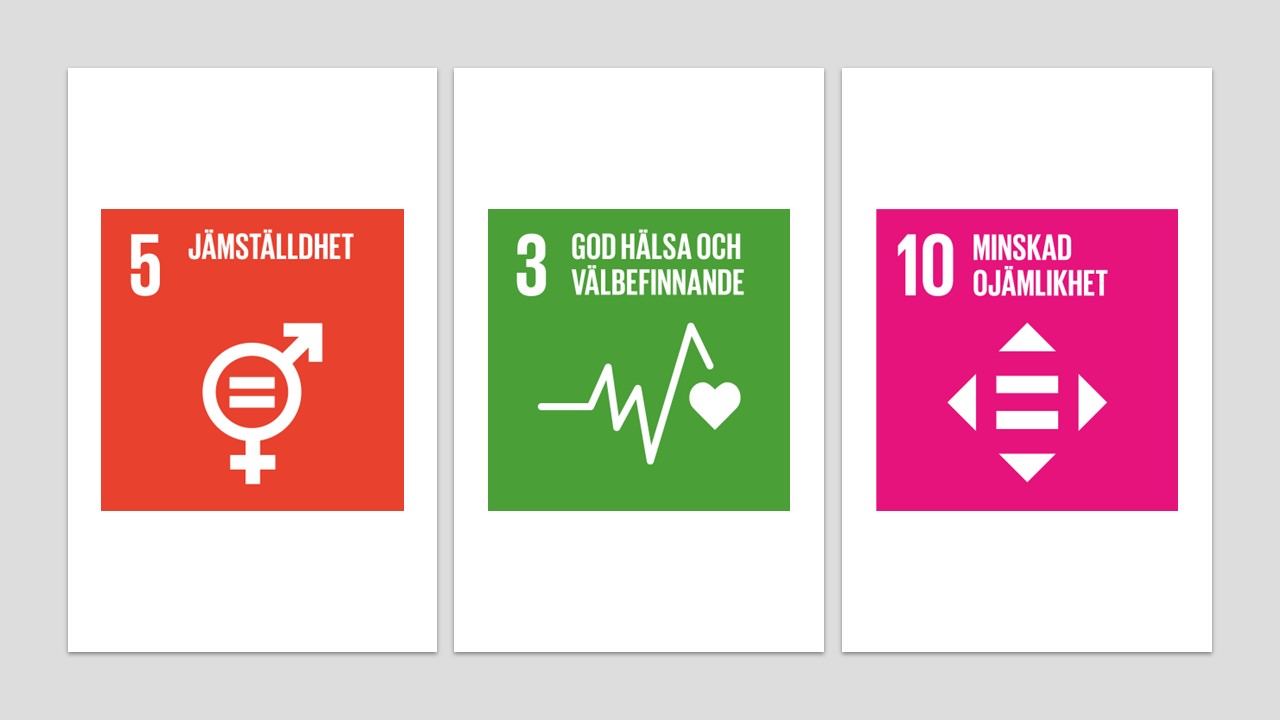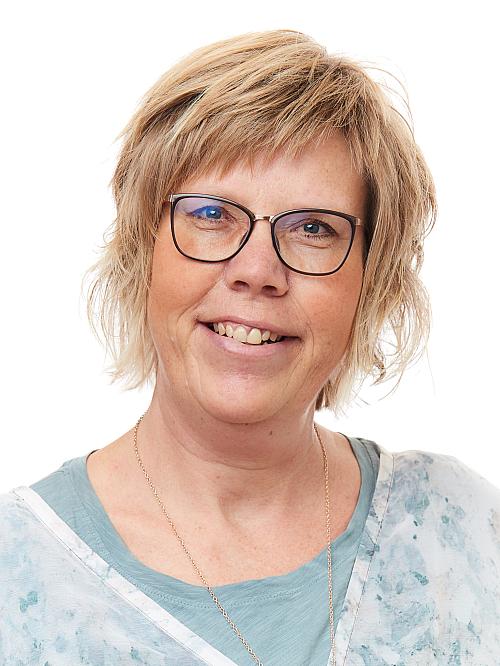Re@home - Evaluation of home rehabilitation for older people: A realist evaluation design
Facts
Academic Partners:
Karolinska Institutet, Luleås Tekniska Universitet.
Project duration: 2021-2026
Research team:
Sofi Fristedt, principal investigator at JU
Elisabeth Rydwik, project owner at KI
Maria Ranner, principal investigator at Lunds Tekniska Universitet
Marie Ernsth Bravell, co-researcher
Anette Johansson, co-researcher
Financier: Familjen Kamprads Stiftelse and FORTE.
Re@Home is a project on how home-rehabilitation interventions can and should be adapted to the specific needs of older people with disabilities to improve participation and well-being.
Purpose of the study
Home rehabilitation for older people is widely implemented, but research on the content and effectiveness of rehabilitation interventions used in practice is scarce. Additionally, there is a lack of knowledge of how home-rehabilitation units collaborate with social and health care services.
The aim of this study is to evaluate the state of home rehabilitation in relation to scientific evidence and the effectiveness on older people's well-being, participation and ability in daily activities as well as the older people's satisfaction with the interventions, the collaboration between social service and health care providers, and level of service utilization.
The design is based on the realist evaluation method, where a defined program theory is used as a base for the evaluation. The main characteristic is to identify context, mechanism and outcomes of the target process.
Material and method
The project will be conducted in Jönkoping, Luleå and Stockholm which reflects different parts of the country in relation to size and care organisations.
During phase 1, a program theory is established through systematic searches of scientific and grey literature; extracting data, analyzes and synthesizing will be conducted and discussed during four workshops.
During phase 2, the context and mechanisms of impact is explored at home-rehabilitation units at the three sites, through observations of interaction between staff and patients, patient record auditing, and focus groups and interviews.
During phase 3, the effectiveness of home rehabilitation will be evaluated by patient record auditing, register data, questionnaires and interviews and will be analyzed In relation to the described program theory.
An overarching analysis of what, for whom and under which circumstances that home rehabilitation leads to change will be conducted with data from all three phases using mixed methods. The results of identified mechanisms and relevant context factors will be related to the outcomes of effectiveness to identify outcome patterns.
Contact person
- Head of Department
- School of Health and Welfare
- sofi.fristedt@ju.se
- +46 36-10 1269
Agenda 2030 goals

